Publications
Articles, publications, books, tools and multimedia features from the U.S. Institute of Peace provide the latest news, analysis, research findings, practitioner guides and reports, all related to the conflict zones and issues that are at the center of the Institute’s work to prevent and reduce violent conflict.
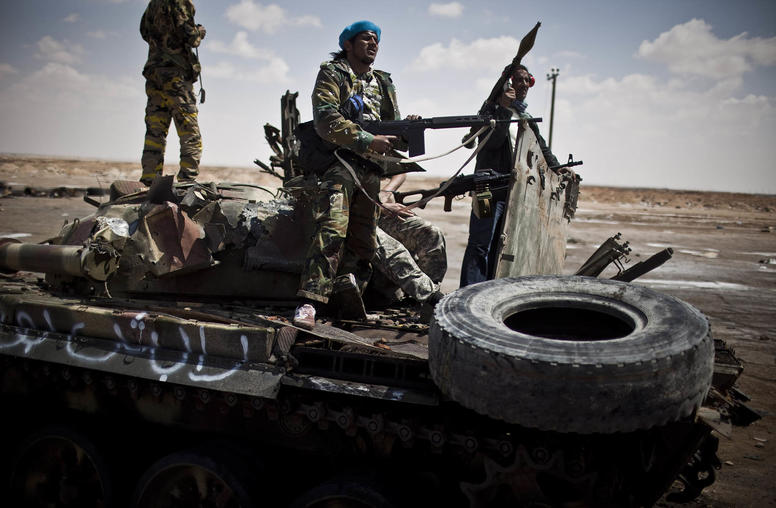
Libya Can Move Past Its Political Deadlock, But It Will Take Work to Maintain A ‘Deal’
Since 2012, multiple failed political transitions have taken their toll on the Libyan people. The continued and increasingly complex internal divisions and external vectors affecting Libya threaten to send it into another spiral of crisis and violence. Local and national leaders working in good faith to stabilize the country have inevitably grown cynical as ruling elites and their international partners fail to deliver local security and good governance.
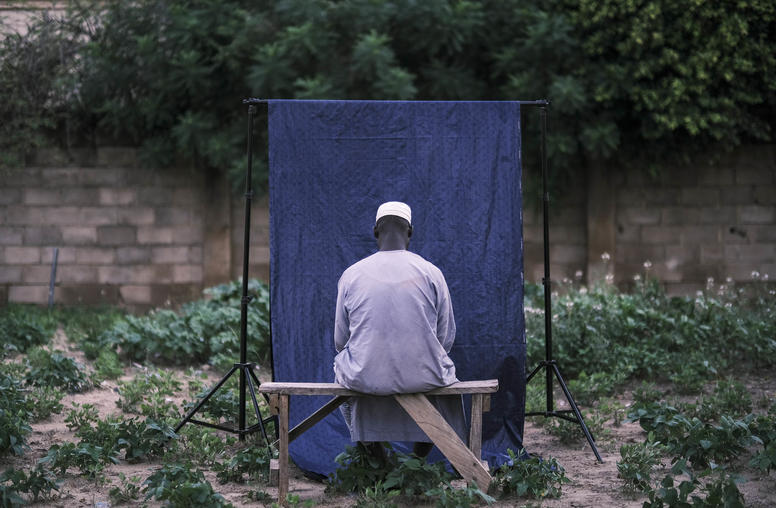
Disengaging and Reintegrating Violent Extremists in Conflict Zones
Dealing with people who leave violent extremist groups has become one of the most pressing security issues of our time. Drawing on new primary research conducted by the author in Iraq, Syria, and Nigeria, and existing research on disengagement and reintegration, this report underscores the challenges of administering rehabilitation programs in conditions of chronic insecurity—and of doing so at a scale sufficient to make a difference to hundreds or even thousands of people in short order.
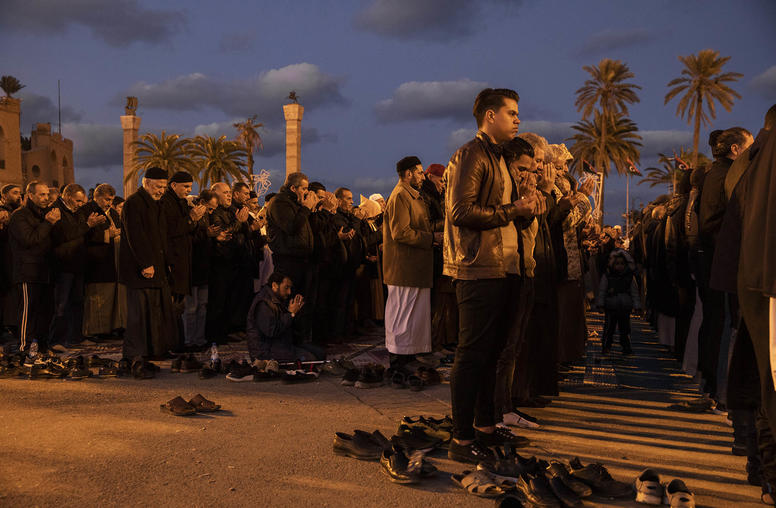
Beyond Elections: Libya Needs Unified Institutions and Reconciliation
Last week, the U.N. Security Council met to discuss its Libya mission and its new plan to end the country’s political impasse through elections. While credible polls will be a critical step in forging a path to peace, they are not a panacea for addressing this byzantine conflict’s deeply rooted drivers and the intense, bitter rivalries and factionalism that have surfaced since 2011. Indeed, previous efforts to hold elections have buckled under the weight of the intricate dynamics at play. Over a decade after the fall of Muammar Qaddafi, resolving Libya's complex conflict will require a multifaceted approach that prioritizes building trust among Libyans.
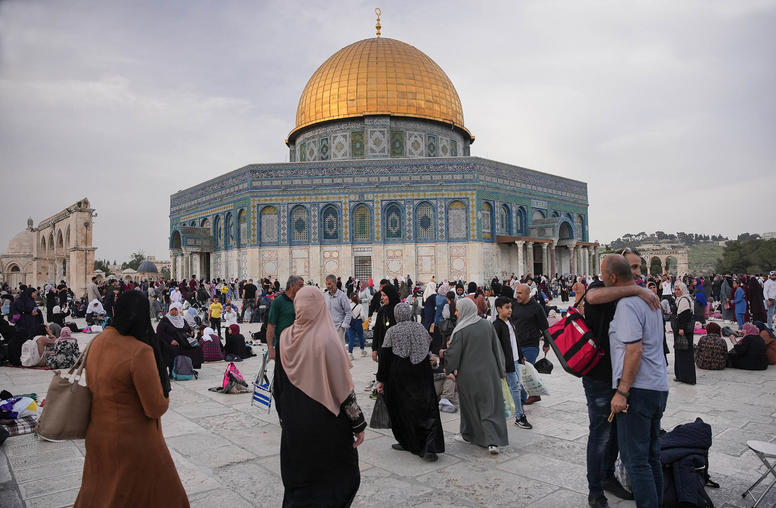
Regional Actors Seek to Douse Flames Fueled by Jerusalem Tensions
The saying that history doesn’t repeat, but rhymes is no truer than in Jerusalem. Two years have yet to pass since the large-scale escalation that took root in the city morphed into deadly violence between Arab and Jewish citizens of Israel and an Israel-Hamas military escalation that claimed the lives of over 200 Palestinians and 12 Israelis. Now, once again, events in and around Al-Aqsa Mosque during Ramadan have become proximate cause for a cascading series of violent events that have victimized Palestinians and Israelis, and opened another chapter of contested narratives and mutual recriminations.
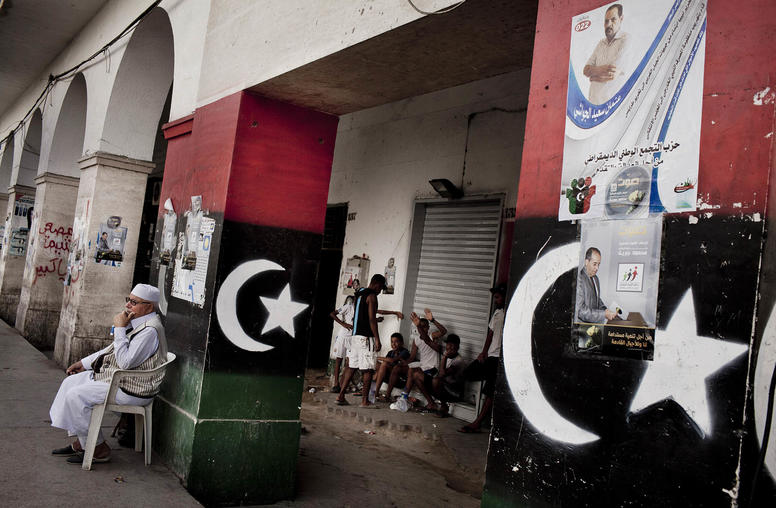
For Libyans, Elections Are Just Part of the Path to Peace
In mid-March, a delegation of prominent Libyans traveled to Washington carrying an important message: a new U.N. initiative focused on holding elections is welcome but it must be part of a bigger, comprehensive reconciliation effort to bring peace and stability to Libya. According to the deputy head of Libya’s Presidential Council, Abdullah Al-Lafi, reconciliation — and elections — can only be achieved by Libyans themselves. In Washington, Al-Lafi and the members of his delegation presented their own initiative for a national reconciliation project in order to create a Libyan-led process that complements the plan for elections proposed by U.N. Special Representative of the Secretary-General for Libya Abdoulaye Bathily.
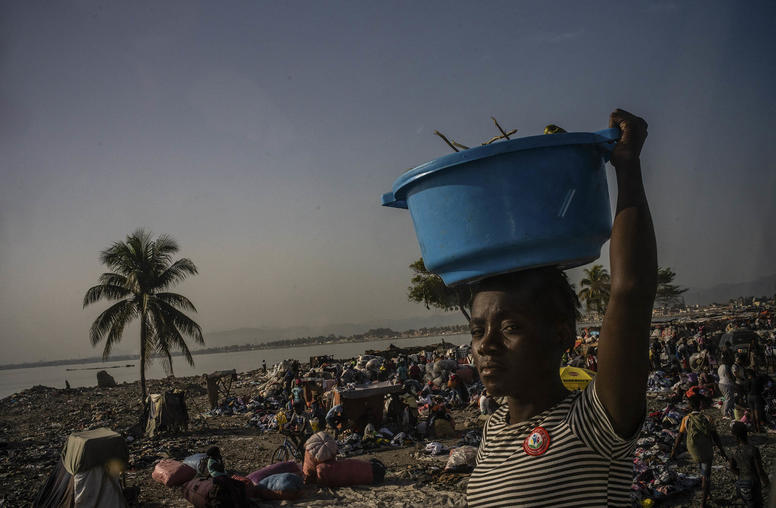
What’s the State of Play on the Global Fragility Act?
The White House’s recent release of 10-year stabilization and conflict prevention plans marks another milestone in U.S. efforts to implement the closely watched Global Fragility Act (GFA). The legislation received bipartisan support in the U.S. Congress before being signed into law by then President Donald Trump in 2019. It requires the U.S. government to develop a strategy for preventing the drivers of violent conflict and extremism, and to test a more coordinated, cost-effective and sustained U.S. approach in hot spots around the world.
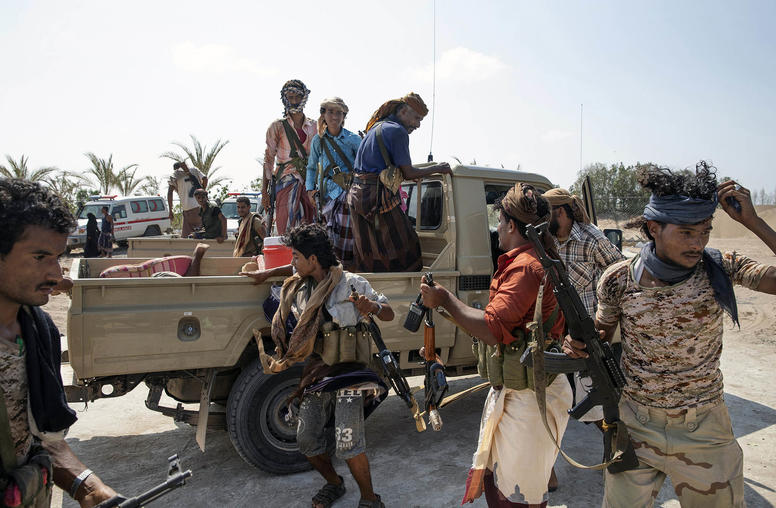
What You Need to Know About China’s Saudi-Iran Deal
Iran and Saudi Arabia announced last Friday a Chinese-brokered deal to restore relations. After decades of enmity and a formal cutting of ties in 2016, the rapprochement has been touted as a momentous development in the region. But how it ultimately impacts the Middle East remains a very open question, as the long adversarial powers are fighting a proxy war in Yemen and continue to support opposing sides across the region. Amid perceived U.S. retrenchment from the Middle East, the deal is a diplomatic win for China as it increasingly seeks to present an alternative vision to the U.S.-led global order.
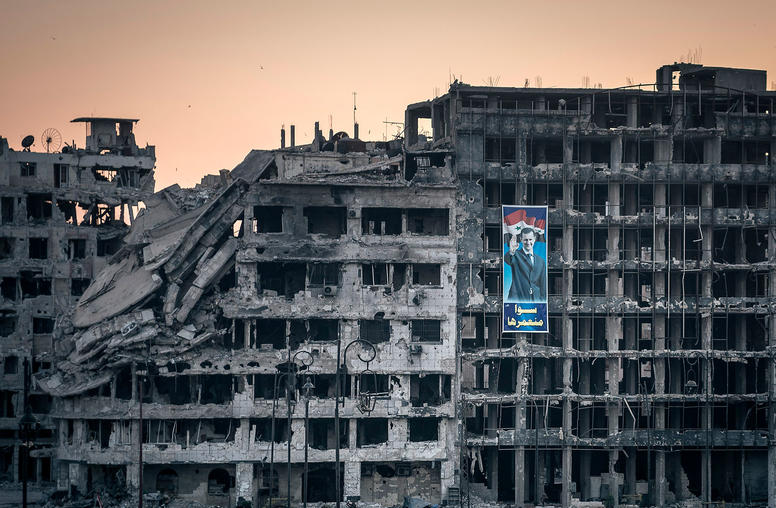
Syria’s Stalemate Has Only Benefitted Assad and His Backers
Twelve years into Syria’s devastating civil war, the conflict appears to have settled into a frozen state. Although roughly 30% of the country is controlled by opposition forces, heavy fighting has largely ceased and there is a growing regional trending toward normalizing relations with the regime of Bashar al-Assad. Over the last decade, the conflict erupted into one of the most complicated in the world, with a dizzying array of international and regional powers, opposition groups, proxies, local militias and extremist groups all playing a role.

Mona Yacoubian on the Assad Regime’s Hold in Syria
After 12 years of extraordinary brutality and humanitarian suffering, the Assad regime remains entrenched in Syria. With no solution in sight, there is regional momentum toward normalization as countries have “made the calculation that he’s here at least for the foreseeable future,” says USIP’s Mona Yacoubian.
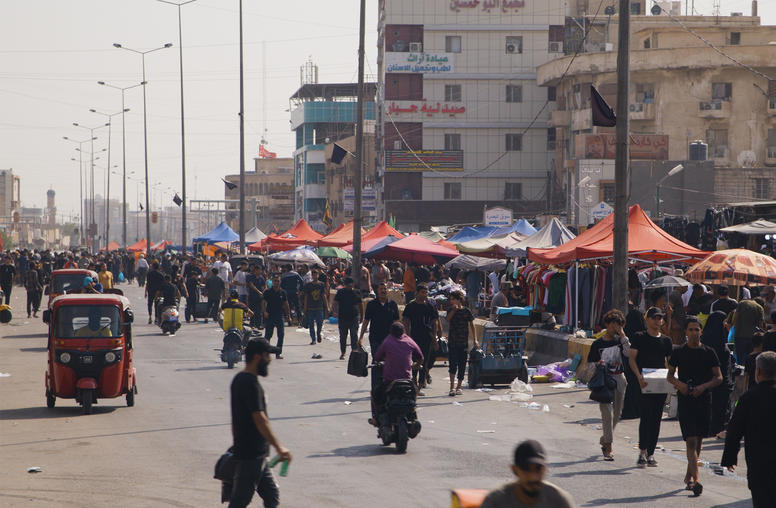
U.S., Iraq Emphasize Economic Cooperation as Core of Strategic Partnership
Sarhang Hamasaeed looks at the key priorities for the U.S.-Iraq partnership, the challenges and opportunities for Iraq’s new government, joint efforts to address the human legacy of ISIS and how Washington can help stabilize Iraq’s economy.